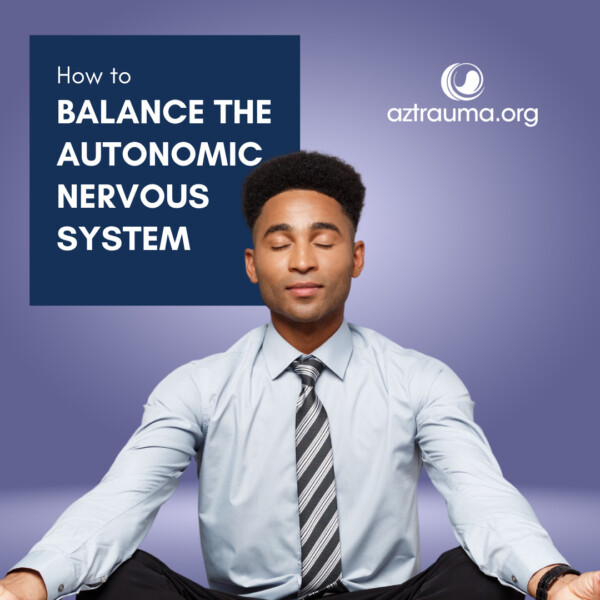Salutogenic Thinking
One of the reasons I am always talking about the Salutogenic approaches is the fact that Salutogenic thinking contrasts with the more traditional biomedical model, which focuses on pathogenic factors and views health as the absence of disease. This paradigm shift has important implications for our understanding of the effects of stress on behavior, social-emotional development, intelligence, empathy, motivation, and character. By using a Salutogenic mindset we can more easily bring balance to the Autonomic Nervous System (ANS).
Maintain Balance
When the Autonomic Nervous System (ANS) is out of balance, it can lead to a variety of negative health outcomes.
In recent years, there has been a shift in thinking when it comes to the effects of stress on the human body. Whereas the previously-held view was that stress always leads to negative health outcomes, the new Salutogenic paradigm acknowledges that stress can actually have positive effects when managed correctly. This is based on the principle of optimal health, which posits that all individuals have the potential to reach their highest level of functioning. To achieve this, it is necessary to maintain a balance between the sympathetic and parasympathetic nervous systems. When the Autonomic Nervous System (ANS) is out of balance, it can lead to a variety of negative health outcomes.
The Autonomic Nervous System (ANS)
The autonomic nervous system (ANS) is responsible for regulating many of the body’s involuntary functions, such as heart rate, blood pressure, and digestion. It also plays a role in emotional self-control and executive functioning. It’s also responsible for the “fight-or-flight” response that is triggered in times of stress. Because of this, the autonomic nervous system can be easily overloaded, resulting in a variety of symptoms, including anxiety, insomnia, and gastrointestinal problems. Given the importance of the ANS, it is not surprising that many people seek ways to improve its function.
Relax The Body
There are several things that can be done to improve the function of the autonomic nervous system. The basic first step is to manage the body through getting adequate sleep, watchful and intentional nutrition, adequate physical activity, developing and maintaining satisfying social connections, and of course, managing stress. The aspect of creating a balanced nervous system that most people struggle with is learning to relax their body and develop a sensitive awareness of tension as the body is experiencing it. Then developing the skills to relax the body in situations where there is increased muscle tension in the body. This is fundamental to learning how to control one’s nervous system, thoughts, and emotions, and create the habit of regulating the tension in the body.

Written by Robert Rhoton Psy D., LPC, F.A.A.E.T.S.
Dr. Robert Rhoton, CEO of Arizona Trauma Institute and President at the Trauma Institute International possesses a rich history of experience in the mental health field.



